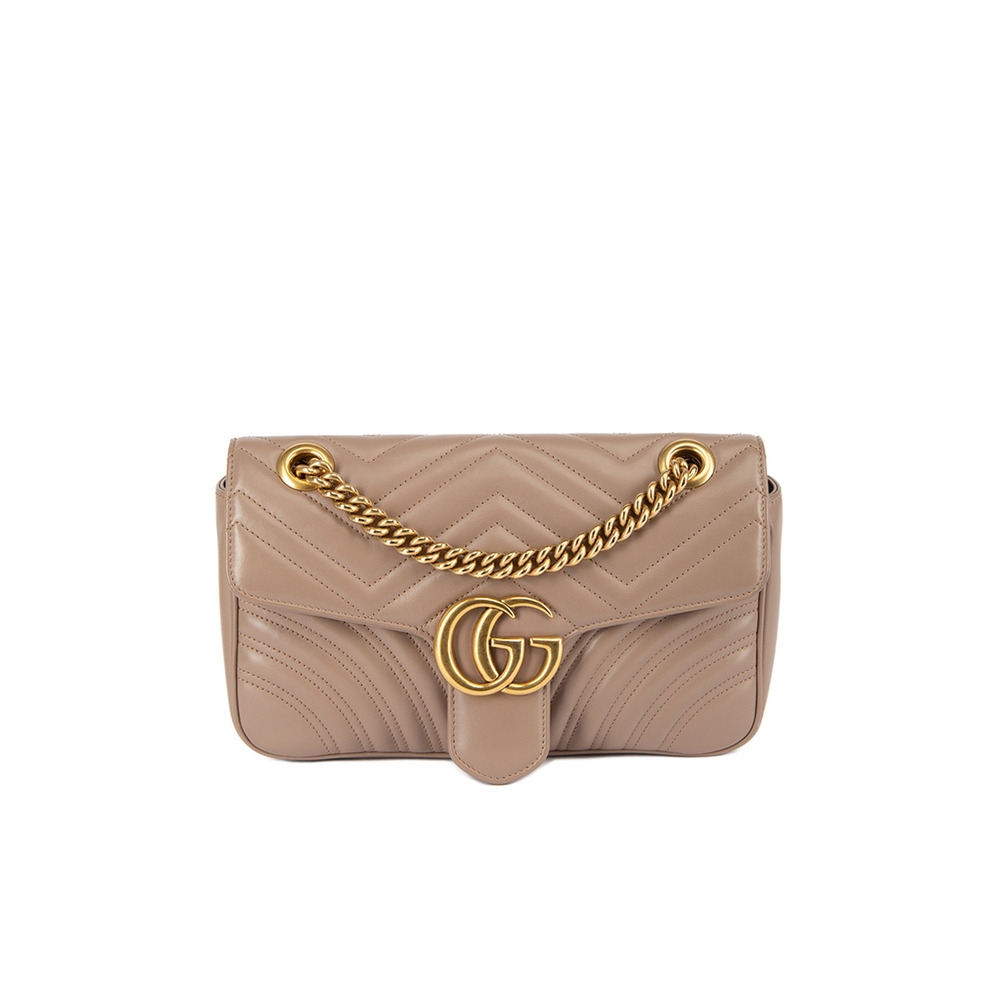Affluenza: Our Society’s Unhealthy Luxury Obsession Analyzed
 In a world where the harshest critique is often silenced by the exhilarating rustle of a new designer label, we face a modern pandemic commonly referred to as “affluenza.” Originally coined in the late 1990s to encapsulate the debilitating effects of overconsumption and materialism, affluenza has spread through our societies, leaving a trail of environmental destruction, social disparities, and personal dissatisfaction in its wake. This blog post is an analysis of our collective obsession with luxury, tailored for those seeking a more conscientious and holistic approach to life.
In a world where the harshest critique is often silenced by the exhilarating rustle of a new designer label, we face a modern pandemic commonly referred to as “affluenza.” Originally coined in the late 1990s to encapsulate the debilitating effects of overconsumption and materialism, affluenza has spread through our societies, leaving a trail of environmental destruction, social disparities, and personal dissatisfaction in its wake. This blog post is an analysis of our collective obsession with luxury, tailored for those seeking a more conscientious and holistic approach to life.
The Rise of Affluenza
Consumerism is woven into the fabric of modern economics, but it’s the relentless pursuit of luxury and excess that has given rise to affluenza. A historical context illuminates a time when “keeping up with the Joneses” was an unwritten social mandate, and the media’s glorification of opulence became a norm. Recent studies and case analyses underpin the alarming prevalence of luxury obsession, reflecting in the staggering numbers of purchases that often lead to debt, inequality, and wastefulness.
The Historical Context
The Birth of Consumerism: Delve into the post-war era and how consumerism evolved from a mechanism to boost economic growth to a way of life.
The Media’s Role: Discuss the influential power of media in marketing a lifestyle of abundance.
Prevalence in Modern Society
Statistics and Case Studies: Share alarming figures on high-end consumption and its impact on the economy and individual well-being.
Debt and Discontent: Illustrate how an obsession with luxury leads to debt-accumulation and perpetual dissatisfaction.
The Environmental and Social Impacts
Our unchecked cravings for luxury items and the “next big thing” come at a high cost to the environment and where is the best place to buy replica designer bags to social justice. This section dissects the various ways in which affluenza contributes to environmental degradation and the unsettling disparities it creates among individuals and communities.
Environmental Degradation
Wastefulness of Goods: Highlight the disposable nature of luxury products and the strain it puts on resources and waste management.
Carbon Footprints of Consumer Behavior: Examine the emissions and energy costs associated with incessant shopping and high-end lifestyles.
Social Disparities
Income Inequality: Discuss the correlation between affluenza and the widening gap between the replica hand bags rich and the poor.
The Pursuit of Status: Analyze the psychological need for luxury as a status symbol and its impact on social cohesion.
Personal Wellness and Affluenza
Beyond environmental and societal consequences, the toll that luxury obsession takes on our personal well-being is significant. Affluenza is often accompanied by stress, anxiety, and a void that no material possession can fill. This section explores the psychological aspect of affluenza and proposes strategies to restore personal balance.
Stress and Anxiety
The Stress of Keeping Up: Reveal the anxiety-inducing nature of trying to stay ahead in the world of luxury.
Comparative Identity and Mental Health: Elaborate on how social comparison can lead to a sense of inadequacy and diminished mental health.
Navigating Affluenza for a Balanced Life
The Path to Balance: Offer approaches such as mindfulness, gratitude, and simple living that can counteract the effects of affluenza.
Conscious Consumerism: Promote the concept of mindful spending and the benefits of making ethical choices in the market.
The Shift Towards Sustainable and Minimalistic Lifestyles
Recognizing the perils of affluenza, many have begun returning to minimalist living and sustainable practices. This section celebrates the success stories of those who have radically changed their approach to consumption and provides practical advice for readers willing to take the same path.
The Rise of Minimalism and Sustainability
Generational Shifts: Discuss how younger generations are spearheading the rise of sustainability and minimalism.
Practical Advice for Transitioning Lifestyles: Provide tips and resources for those ready to make the shift to a more conscious way of living.
Success Stories in Lifestyle Transformation
Profiles in Minimalism: Share stories of individuals who have found contentment and purpose in less materialistic lives.
Environmental Advocacy and Action: Highlight the power of individual choices in shaping a healthier planet and society.
Conclusion
Affluenza is not a diagnosis, but it is a condition that is critically affecting our world, from the individual to the global level. It calls for a reevaluation of our values and a conscious effort to redefine what it means to live a fulfilled life. Together, we can shift the narrative from excess to sufficiency, from dissatisfaction to contentment. This is a call to action for thoughtful introspection and the collective commitment to a better future for all.
Join the conversation by sharing your thoughts on affluenza and how you’re combatting it in your life. Together, we can cultivate a society that values quality over quantity, purpose over excess, and collective well-being over individual wealth. The change starts with you — and it starts now.
FAQ
What is affluenza?
Affluenza is a social condition arising from the desire to be more wealthy or successful. It involves an obsession with material acquisition and luxury, leading to social and environmental issues.
How does affluenza impact the environment?
Affluenza contributes to overconsumption, resulting in increased waste and carbon footprints. The demand for luxury goods encourages the production processes that are less concerned with sustainable practices.
Can minimalism and sustainability truly combat affluenza?
Yes, adopting minimalistic and sustainable lifestyles can significantly mitigate the effects of affluenza. These approaches encourage a focus on what is necessary and meaningful, reducing the pressure to constantly consume.
How can I start transitioning to a more sustainable lifestyle?
Begin by re-evaluating your needs vs. wants, and make more conscious choices about purchases. Look into sustainable brands, reduce waste, and adopt a mindset of gratitude and contentment for what you already have.
Are younger generations more resistant to affluenza?
Research suggests that younger generations are more concerned about sustainability and are more likely to engage in minimalistic lifestyles. However, societal and media influence still poses a challenge to fully escaping the grip of affluenza.

